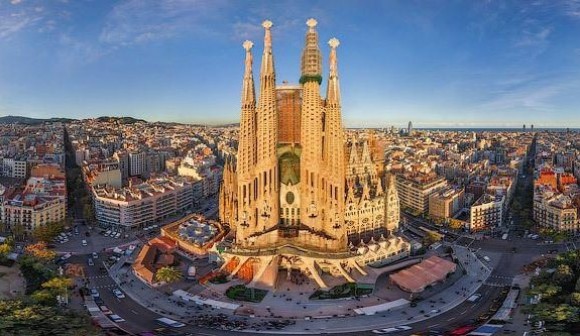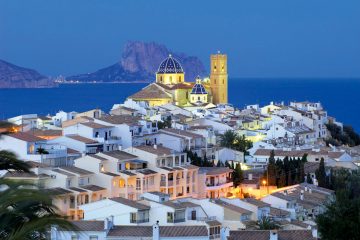Religion in Spain
In the 70s, every Spaniard was bound to be Catholic by law. Consequently, a large number of them are still believers, but not practicing Catholic. A strong proof of this is the fact that more than 70% of the Spanish population has approved gay marriage, while the Catholic church had great prejudices. Since June 2005, Spain is the third country in the European Union where gay marriage is legalized.
Apart from the Catholic faith, there are a number of Protestant groups, which comprise more than 50,000 people and about 20,000 Mormons.
In the last 32 years (since the fall of the Franco regime), the number of practicing believers dropped dramatically and Spain is not regarded as a traditional Roman Catholic country anymore. According to the New York Times research in 2005, only 18% of the population regularly attends church service and is religiously active, just as in most northern European countries.
Cross of Saint James, Saint John of Avila and Saint Teresa of Ávila.
Roman Catholicism is the most popular religion in Spain. From 80% to 94% self-identify as Catholics, whereas around 6% to 13% identify with other religions or none at all. It is important to note, that many Spaniards identify themselves as Catholics just because they were baptized, even though they may not be very religious.
There are also many Protestant denominations, all of them with less than 50,000 members, and about 20,000 Mormons. Evangelism has been better received among Gypsies than among the general population; pastors have integrated flamenco music in their liturgy. Taken together, all self-described “Evangelicals” slightly surpass Jehovah`s Witnesses (105,000) in number.





